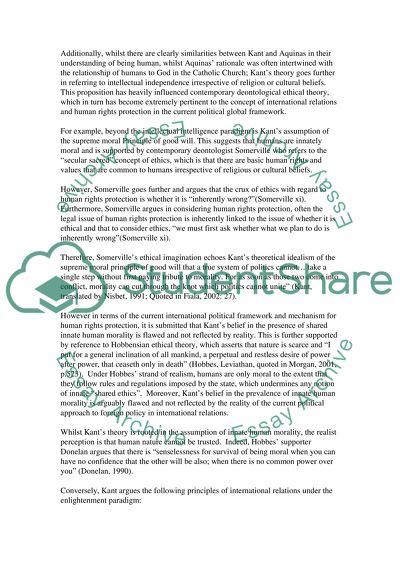Freedom, Our Public and Private Interests, and Kant's Questions Essay. Retrieved from https://studentshare.org/miscellaneous/1558329-freedom-our-public-and-private-interests-and-kants-questions
Freedom, Our Public and Private Interests, and Kant'S Questions Essay. https://studentshare.org/miscellaneous/1558329-freedom-our-public-and-private-interests-and-kants-questions.


